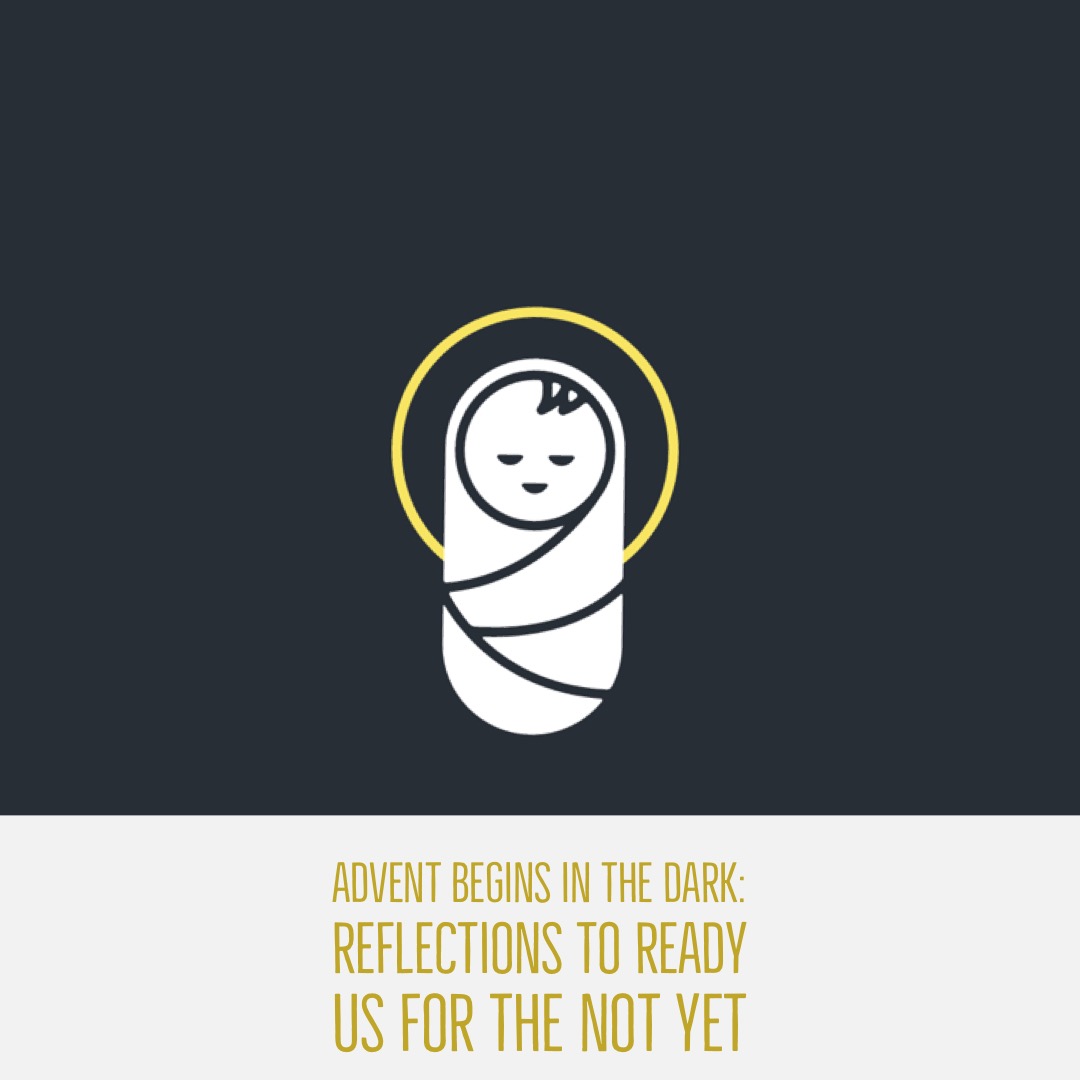
 Being a pastor is a lot like having a family member who is constantly in the tabloids.
Being a pastor is a lot like having a family member who is constantly in the tabloids.
I mean— here I am with this public relationship with someone who routinely shocks and outrages a reliable percentage of the population. While I can only guess what kinds of questions relatives of Donald Trump and Harvey Weinstein are forced to answer, I do know the feeding-frenzy kinds of questions I consistently have to suffer thanks to my relationship with a different sort of celebrity.
Example—
A few years ago, I found myself in a conversation with a Unitarian Universalist clergywoman named Janice. Interrogation might better describe our exchange. Her every question to me was like the glare and flash of a paparazzi’s camera.
For those who might not know- Unitarianism began a few hundred years ago during the Enlightenment. As such, it was very much a reflection of its time. The Unitarian movement sought to strip traditional Christianity of its primitive, out-dated and superstitious trappings.
In many ways, Unitarianism is like Christianity but with less vocabulary for you to memorize since words like Trinity and incarnation and atonement and resurrection have all been cast to the wayside.
Janice has long, unnaturally black hair. She was wearing a hippie-sort of linen dress, had tattooed clover wrapped around her arm and, appropriate to her enlightened tradition, she was wearing not one but at least five different religious symbols on her hemp necklace.
She had a notepad on her lap which she wrote in whenever I spoke, as if she were the therapist and I was the delusional, misguided patient. She even kept referring to me as a ‘pre-enlightened’ Christian.
Now I’m sure you all know someone in your family or in your neighborhood who is a Unitarian and I’m sure they’re wonderful people. And I know there’s a Unitarian Church just down the road from us, and I’m sure that it’s filled with wonderful people. So the last thing I want to do is offend anyone when I tell you that I just wanted to dropkick and elbow-slam Janice.
We were sitting around a coffee table: Janice and me and three other clergy from varying denominations. I was the last one to show so I got stuck sitting in a low, awkward butterfly chair with everyone else towering over me. And obviously given my height I’m sensitive to such things.
The chair was narrow across too; it kept me from being able to cross my legs or move my arms and only increased my sense of being trapped and on trial.
Because our meeting had no clear ending, the conversation unraveled quickly with Janice electing herself grand inquisitor. So with me trapped in my butterfly chair, like a reporter from the Enquirer Janice fired question after question at me:
Do you still believe in the Incarnation?
Surely you don’t still believe in Jesus’ miracles do you?
You don’t seriously think Jesus was God-in-the-flesh?
And the second coming…don’t tell me you…?
With her every question and my every yes she grew more incredulous: “How do you still hold to a pre-enlightened faith, she pressed, given everything we now know about the universe?”
As if to teach me a thing or two about the universe, Janice’s next round of questions proved that she could make time stand still.
She kept me on the defensive, wanting me to explain every inconsistency and every troubling passage in scripture, every wicked thing ever done in Christ’s name, every theological claim we make in here that can’t be proven empirically. And the whole time she kept writing in her notebook!
Towards the end of the interrogation, Janice looked up from her pen and paper and she took a sort of cleansing breath and sighed, and, adopting a good-cop tone of voice, she said:
I just don’t see how anyone can reconcile the God of the Old Testament— the God of wrath and judgment—with the God of the New.
I kept my mouth shut. By that point I knew exactly what I wanted to tell her but it wasn’t of a theological nature. Besides, I was afraid I might need her help to get out of the butterfly chair. So I didn’t say anything.
Then she looked at me and she said: “Okay, you tell me. When you read the Old Testament what sort of God do you see?”
It’s a good question this Advent season because, when you read the scriptures assigned by the lectionary for the first Sunday in Advent, you might end up with an answer that troubles you.
You might decide that what you see in the Advent scriptures is a God who is incongruent with the God you know in your heart. You might conclude that the God who speaks a Word to Third Isaiah (“all your good deeds are like dirty rags”) can’t be the same One who said to the Father ‘Forgive them for they know not what they do.‘ You might conclude even that the Jesus who invites himself to Zaccheus’ house for supper must be different than the Jesus who warns approvingly in Luke 21 of impending doom and judgment.
God asks the prophet Amos, another Advent text, what he sees when he surveys God’s People.
What Amos sees is how Israel doesn’t measure up, doesn’t make the grade, doesn’t meet God’s expectations.
God gives Amos a lot to see.
Amos sees God sending locusts to devour Israel’s crops. Amos sees God ordering a shower of fire to eat up the land. He sees God’s anger roaring like a lion. He sees God shipping Israel off into exile. He sees God made nauseous by the worship of his People. Amos sees God vowing never again to pass Israel by, in other words, never again to forgive.
The hard fact is that in the Book of Amos God threatens to kill and destroy, God promises to send fire and pestilence and famine—- indeed as Fleming Rutledge reminds us in her book Advent, in the Book of Exodus the Lord who frees Israel calls himself a God of warfare.
When you come to prophets like Amos, it’s God’s heart that’s hardened not Pharaoh’s.
When you come to the end of the Book of Amos there is no word of hope. There is no good news. That wherever God’s mercy is mentioned it’s done so in the past tense because God’s mercy is all dried up, his patience has run out. God’s no longer willing to wait for us to change.
Some years ago, I spent time in Cambodia, visiting with mission partners there. I think it must be because of the language barrier I experienced there but most of my memories from Cambodia are visual. Most of my memories are of what I saw.
And so I don’t recall many conversations I had there. I don’t remember much of what I or anyone else said, but I do remember seeing.
I remember seeing:
Young men fishing for food in a thickly polluted pond.
Toddlers playing tag barefoot in an alley strewn with broken glass while others their age cried for breakfast.
School children walking home from school and disappearing into the smoke and smog of a garbage dump- because that’s where home was for them.
I remember seeing:
An old woman- a Sunday School teacher- sitting in a dark, hot corner of a decrepit old apartment building.
The hands that reached out for bread as I served the Eucharist- rough hands, broken and worn-down hands, wrinkled hands, dirty hands.
Teenage girls praying frantically and loudly and with tears on their cheeks, leaving no mystery about how hard their lives were.
Shanty towns filled with the poor and the forgotten, displaced from their homes in the city to make room for ‘progress.’
What sticks with me is what I saw.
And I’d like to be able to tell you that my reaction to seeing all of that was a sense of fulfillment that despite all of the challenges there this church is doing so much to help. I’d like to be able to tell you that my reaction to seeing all of that was one of humility- humility that the people I met there had such faith and joy despite having nothing.
And even though those things are all true; they’re not what I felt upon seeing everything I saw.
No, what I felt first, what seeing made me feel:
Anger and Indignation – that so many could be forgotten and so many others refuse to see them.
Impatience and Exasperation – that things are still so far from what God intends and so many assume there’s no other alternative.
I wanted to Judge…someone… anyone.
When you read the Old Testament, what sort of God do you see? Janice asked me.
I knew what she was getting at.
I knew she was hoping to checkmate me into seeing that the God of the Old Testament is angry and vindictive and impatient, that He frequently threatens to punish and to destroy and to call off creation completely and start over, that this God bears little resemblance to the One who, while we were yet sinners, died for us.
And the truth is- If that’s what you’re looking for, then there’s plenty of examples to find. In the Advent texts especially.
But if you read through scripture and see only an angry, arbitrary God, then you’re not seeing all there is to see.
We think of prophets as future-predictors, as fortune-tellers. We think of prophets as people that God empowers to see what God will one day do. And so Amos sees plagues of locusts and famines and showers of fire and punishment and destruction.
But as much as that, prophets are people empowered by God to see the present, to see what God sees right now, to see how things are today, to see the things we refuse and choose not to see.
And so when you read through scripture, when you read through the Old Testament, when you read through the Book of Amos you don’t see a God who is arbitrary or petulant or vindictive.
You instead see a God who is righteously angry.
Angry over the way the Power of Sin has enslaved his people and holds his good creation in captivity.
Such that, as slaves— his people use violence on one another, they value silver and gold more than each other, they refuse to see the poor, refuse to lift up the weak, refuse to remember the forgotten.
When you read the Old Testament, what sort of God do you see? Janice asked. And I didn’t take the bait. I didn’t say anything.
After a moment or two she closed her notebook and, sounding disappointed, she said to everyone around the table: ‘Well, I don’t see how a loving God could ever be angry.’
And struggling to get out of the butterfly chair, I replied: ‘I don’t see how he couldn’t be.’
How could a Loving God not be angry?
Angry at the Pharaoh called Sin that enslaves us.
Angry over the damage we do as move about among our neighbors in chains we cannot see.
1 comment on “Love is like a Plague of Locusts”
Comments are closed.

Peace.